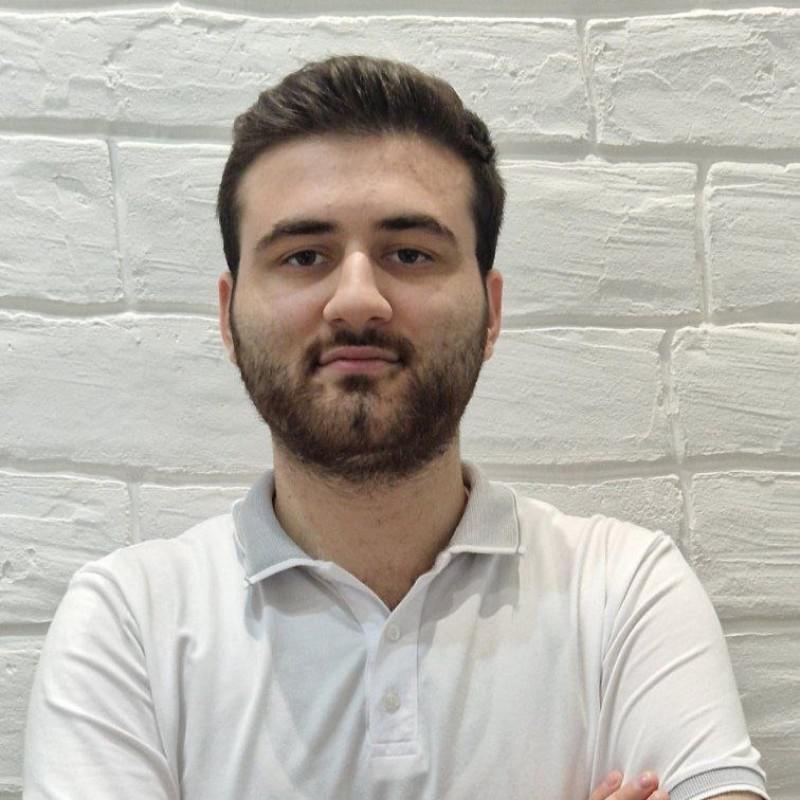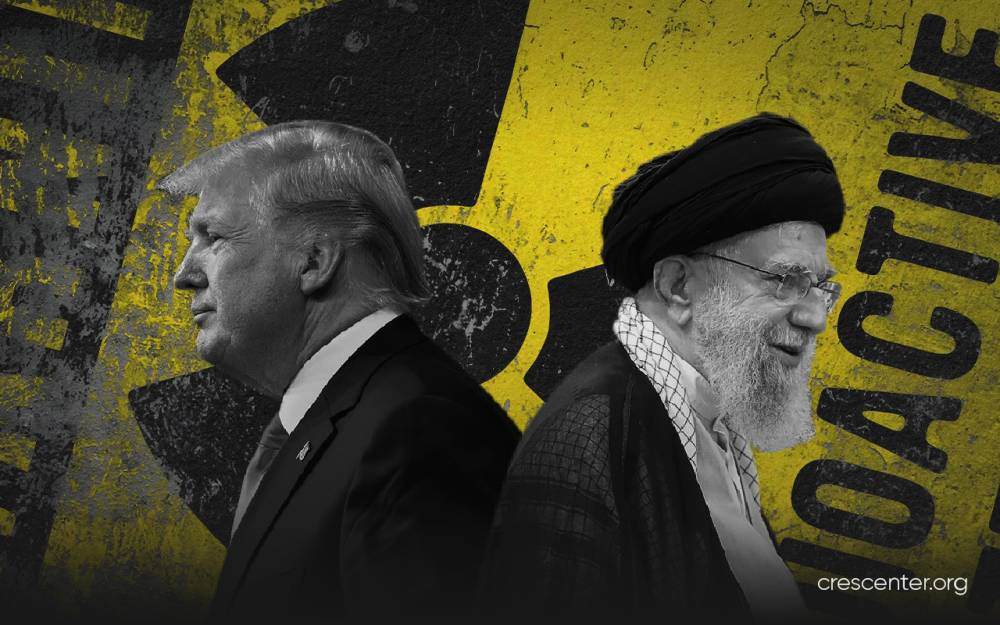After two meetings between U.S. President Donald Trump’s envoy Steve Witkoff and Iranian Foreign Minister Abbas Araghchi, hopes are cautiously rising that a new nuclear deal between Washington and Tehran might be in the making. The discussions—facilitated by Oman and held in Muscat and Rome—appear to be more than mere icebreakers, with substantive proposals now on the table. According to sources close to the talks, the Iranian delegation presented a three-step plan during the first meeting in Muscat. The final form of this plan reportedly resembles the Joint Comprehensive Plan of Action (JCPOA) of 2015, the very agreement President Trump withdrew from in 2018. In a surprising turn, Witkoff welcomed the framework, a gesture that caught the Iranian side off guard given past U.S. positions.
While Witkoff’s public statements have been somewhat contradictory—first signaling contentment with Iran capping its uranium enrichment, then insisting on full elimination—those familiar with the negotiations suggest the tougher rhetoric is aimed at appeasing domestic critics rather than signaling an actual red line. President Trump, since returning to office, has shown a clear interest in securing a deal with Iran. The administration is also reportedly supportive of reaching a deal, marking a shift from the more hawkish voices in Trump’s first term. The fact that Witkoff, and not Marco Rubio, is leading the talks also signals which camp currently holds sway within the administration. Witkoff, who has evolved into Trump’s go-to envoy for a wide range of global issues, is believed to be pushing hard to secure a deal—even if it means making concessions. For Trump, avoiding a war with the Islamic Republic is a priority, and Iran appears content with pursuing a narrow, nuclear-focused agreement rather than a broader overhaul of regional policies or military capabilities.
However, history looms large over the talks. The U.S. withdrawal from the 2015 deal is a key sticking point for Tehran. Iranian officials want guarantees that a future administration won’t walk away again. But in a low-trust environment and without clear legal mechanisms to bind future presidents, such a guarantee is difficult to secure—even if a new deal is ratified by the Senate. U.S. treaty law remains ambiguous on unilateral withdrawals.
Sources allege that one of the reasons Ayatollah Khamenei agreed to the negotiations is to gain time for Iran to rebuild its military capabilities. Following Israeli airstrikes on Iranian air defense systems last year, Tehran is thought to be using the diplomatic window to restore its defenses and replenish missile stockpiles depleted during two rounds of strikes on Israel. Despite these efforts, pressure on Iran remains intense. Economic sanctions continue to weigh heavily on the country, and military threats—particularly from Israel—are far from theoretical. While Tel Aviv sees a potential opening should talks collapse, Trump has, for now, sidelined Israeli proposals for direct strikes on Iranian nuclear facilities. Nevertheless, he remains far more aligned with Israeli interests than President Obama was during the 2015 negotiations. High-level coordination between Israeli and American officials continues behind the scenes. Israeli Minister of Strategic Affairs Ron Dermer and Mossad chief David Barnea met with Witkoff in Paris just before the second round of talks in Rome. Dermer was also seen at Witkoff’s hotel in Rome, signaling that Israel is watching closely, even if it isn’t steering the process directly.
In the end, both sides appear to be serious—though for different reasons. Trump wants a deal that he can brand as a win. Iran wants relief and breathing room without committing to wholesale changes. But with cards still close to the chest, it remains to be seen whether optimism will translate into a breakthrough or collapse under the weight of political baggage and mutual mistrust. For now, the message from both Washington and Tehran is clear: A deal is possible. But in the Middle East, as always, possibilities are no guarantees.

